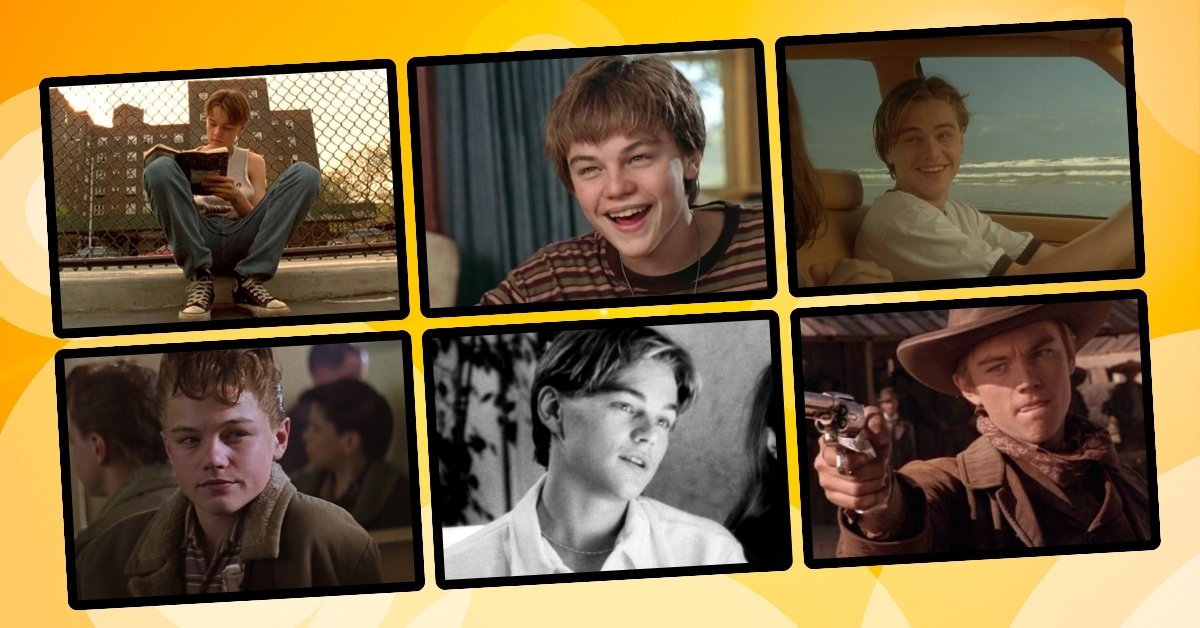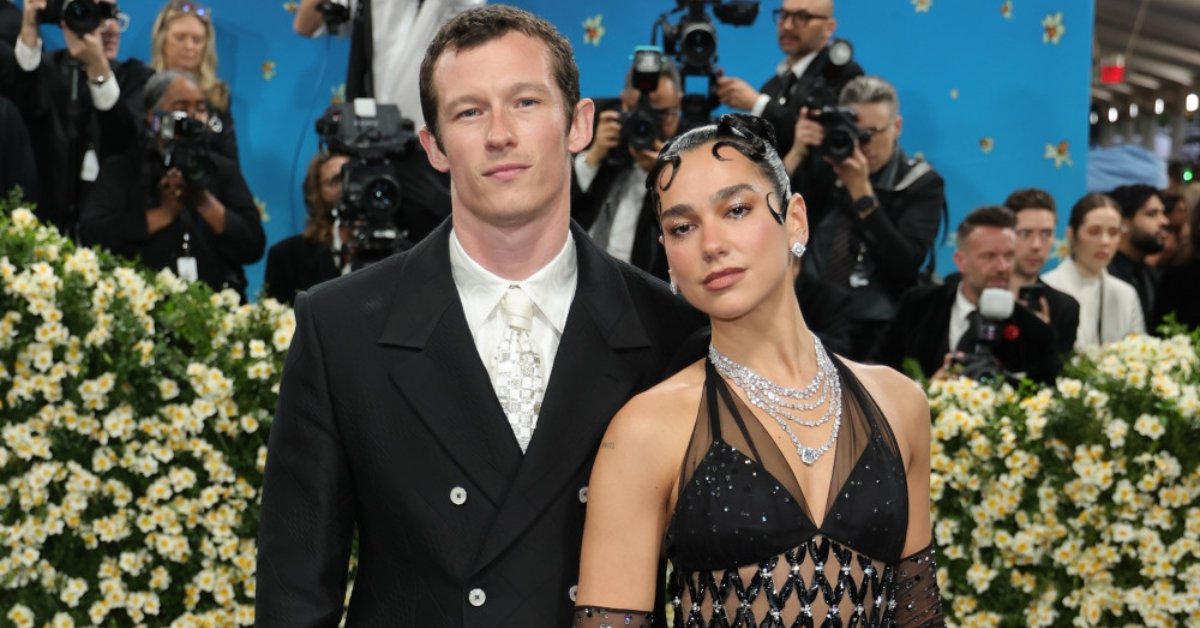Why Love Island USA captivates us! Explore the psychology of attraction, jealousy, and trust in the villa, and learn what it reveals about real-world relationships.
Table Of Contents
Love Island USA
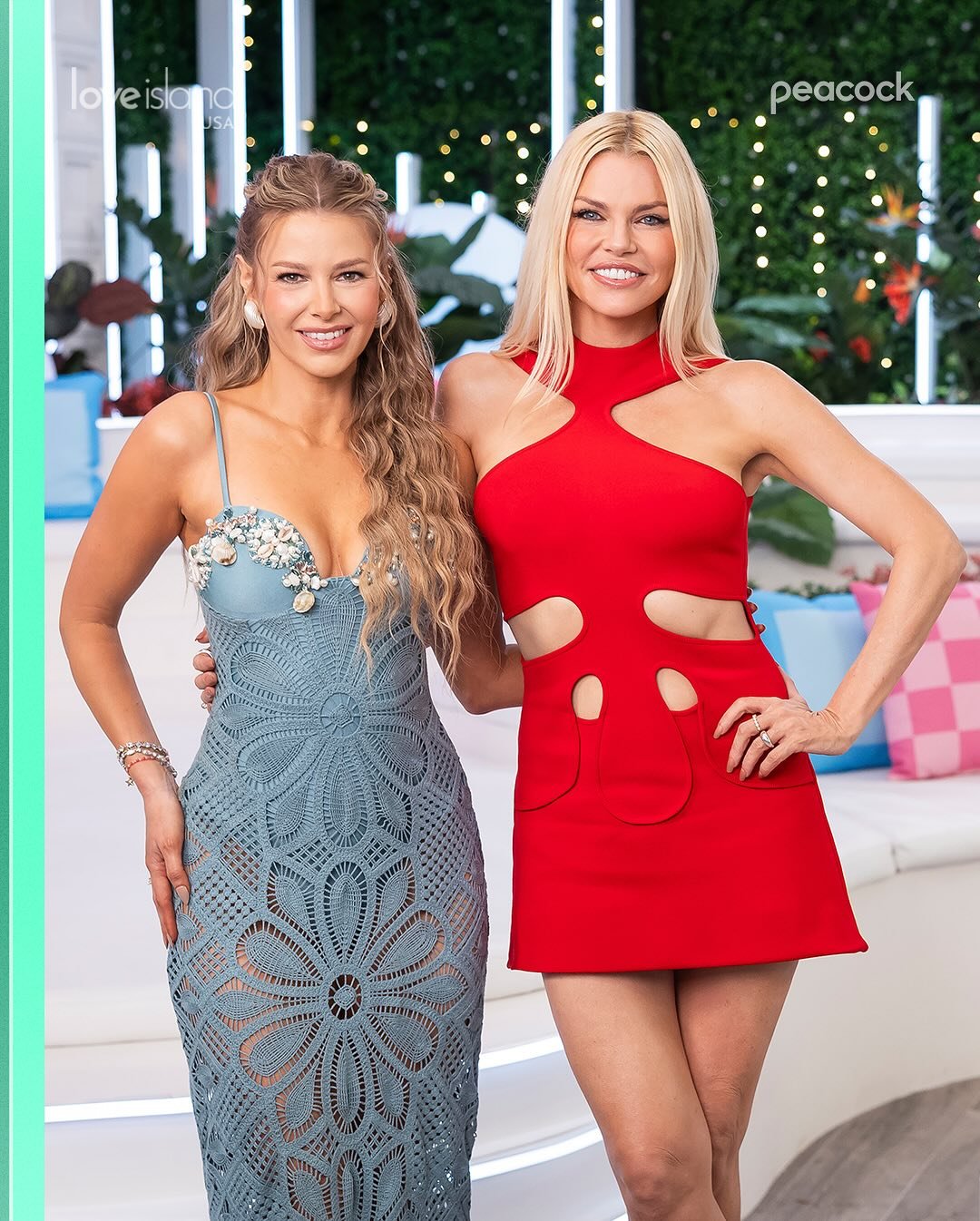
Hey, Love Island USA fans!
Admit it: you have spent way too many summer nights glued to your screen, watching gorgeous singles chase love in a tropical villa.
With the steamy hookups, heart-wrenching breakups, and jaw-dropping drama, it is impossible to look away.
However, what is the secret sauce that keeps us hooked?
Spoiler: it is not just the beach vibes or killer tans.
Love Island USA is a masterclass in human relationships, serving up a juicy mix of psychology that mirrors how we love, fight, and connect.
Here at THOUSIF Inc. – USA, we are diving into the psychological magic behind Love Island USA.
From the spark of attraction to the sting of jealousy, the bonds of trust, and the pull of the villa’s social scene, this show reveals universal truths about relationships.
Sure, it is a wild ride, but the drama is carefully crafted, so we will also talk about watching with a sharp eye to separate TV fantasy from real-world love.
Ready to unpack why this show has us obsessed?
Let us jump in!
Attraction: The Spark That Lights The Fire

The villa doors swing open, and a lineup of stunning singles steps in, hearts pounding.
The first couplings happen fast, and let us be real, it is all about looks.
Science says physical attraction is hardwired: we are drawn to symmetry, clear skin, and other signs of health because they hint at good genes.
Love Island USA leans into this, casting contestants who are easy on the eyes to spark instant chemistry.
However, there is more at play.
The villa’s setup for everyone living, eating, and lounging together creates the proximity effect.
Spending enough time with someone is likely to make you feel a connection, even if it is just familiarity at work.
Psychologists call this the mere exposure effect, and it is why those early villa pairings feel so intense.
Here is the catch: looks and proximity only get you so far.
We have all seen couples who sizzle on day one but crash when they realize they do not vibe on a deeper level.
Maybe their values clash, or they cannot communicate.
It is a reminder that attraction is the spark, but emotional connection is the fuel.
In your own life, think about what keeps you drawn to someone beyond the initial butterflies, shared goals, laughter, or mutual respect.
That is the stuff that turns a fling into something real.

| Aspect | Love Island USA | Real Life |
|---|---|---|
| Initial Trigger | Physical appearance, quick first impressions. | Often looks, but also shared interests or context. |
| Role of Proximity | Constant interaction in the villa fuels bonds. | Spending time together builds familiarity. |
| Sustainability | Needs emotional depth to last beyond the initial spark. | Requires compatibility and shared values. |
Jealousy: The Drama That Keeps Us Watching
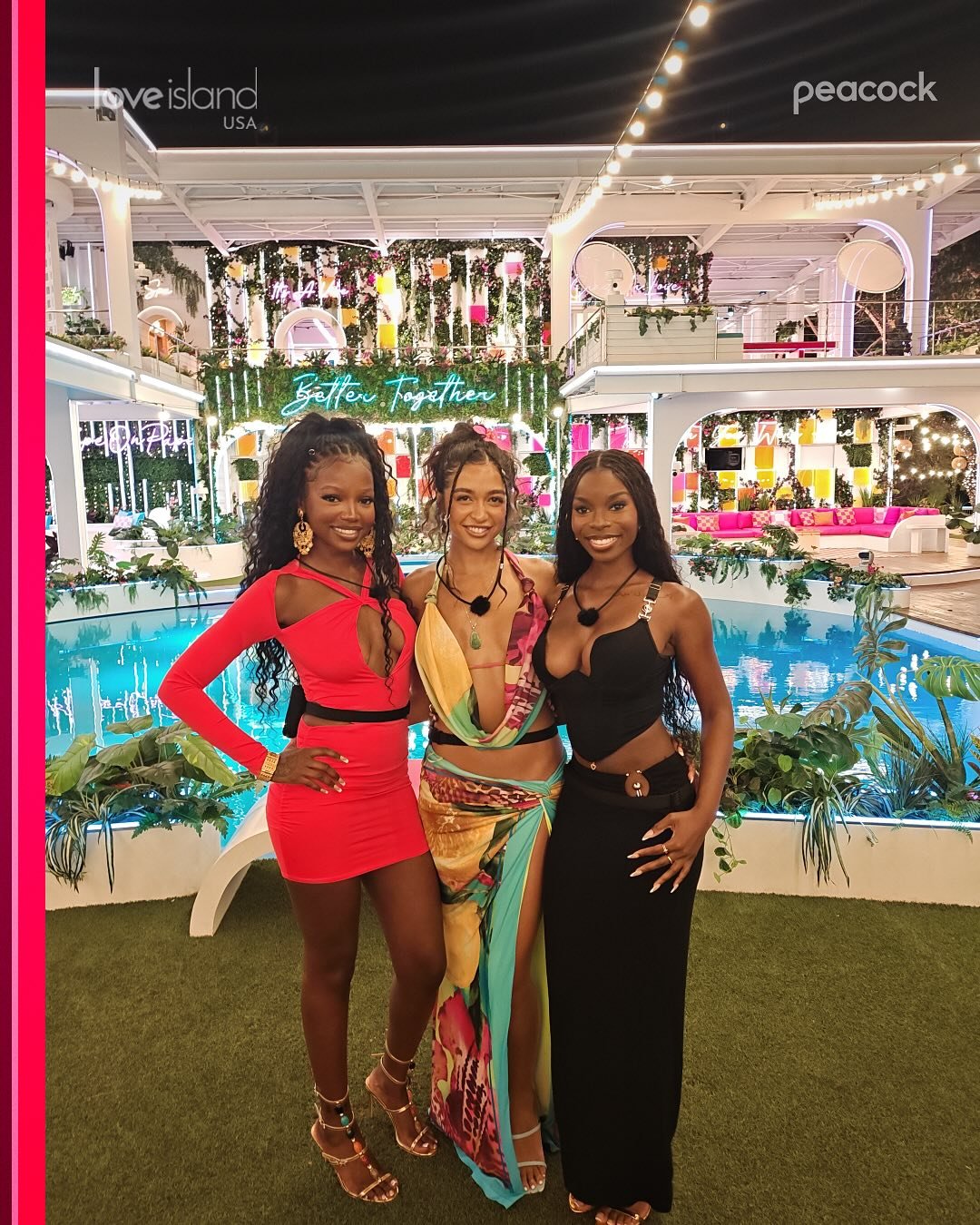
Nothing screams Love Island USA like a bombshell strutting in, turning heads, and stirring up trouble.
These new contestants are jealousy magnets, testing couples, and igniting drama.
Psychologically, jealousy kicks in when we fear losing someone to a rival, sparking emotions like insecurity or anger.
The show amps this up with challenges like kissing games or the Casa Amor twist, where couples are split and tempted by new singles, which pushes jealousy into overdrive.
We have all cringed at those villa showdowns: a contestant calls out their partner in front of everyone, or a heated argument erupts poolside.
It is TV gold, but it is not exactly healthy.
In real life, jealousy is normal, but how you handle it matters.
The show often glorifies dramatic reactions, like possessiveness or public confrontations, which can make viewers think that is how love works.
A 2023 study in the Canadian Journal of Family and Youth warned that reality TV can normalize unhealthy behaviors, like seeing jealousy as proof of passion.
Instead, take a page from couples who talk it out calmly.
Honest communication, such as “Hey, I felt uneasy when you flirted with someone else,” can strengthen a relationship, unlike the villa’s shouting matches.
So, enjoy the drama, but in your own love life, aim for dialogue over theatrics.
Jealousy In Love Island USA vs. Healthy Responses
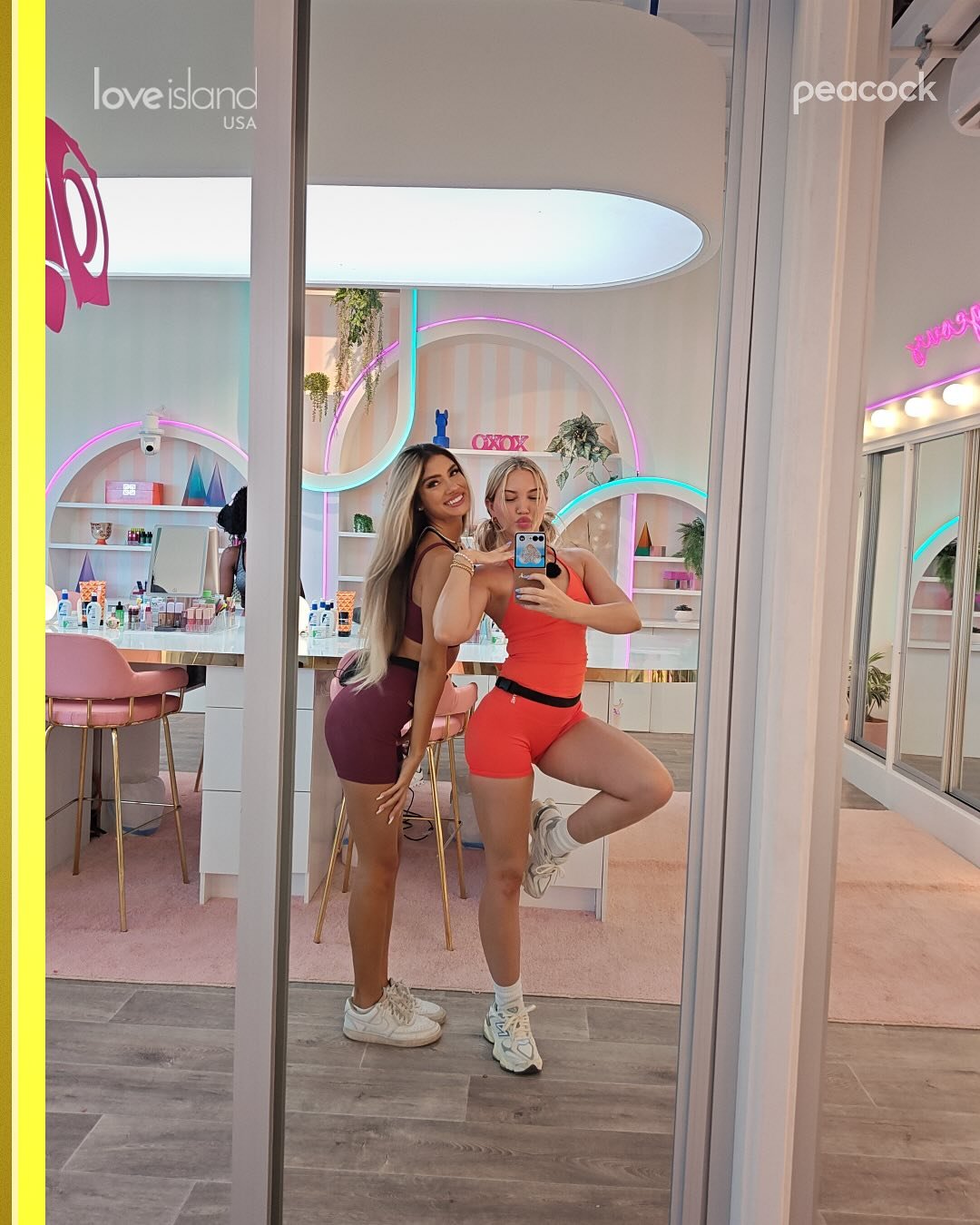
| Scenario | Response | Real-Life |
|---|---|---|
| New Rival Appears | Possessive behavior, public arguments. | Discuss feelings openly with your partner. |
| Challenge Sparks Tension | Dramatic confrontations or silent treatment. | Acknowledge emotions, seek mutual understanding. |
| Outcome | Often escalates drama and delays resolution. | Builds trust through communication. |
Commitment And Trust: What Holds It Together

In the villa, staying committed is like walking a tightrope.
New bombshells, public votes, and constant scrutiny make loyalty a challenge.
Psychologists use the investment model to explain commitment: it is stronger when one is satisfied with the relationship, has invested a lot (time, emotions), and sees few appealing alternatives.
On Love Island USA, alternatives are everywhere.
Hello, new contestants! So, commitment is always on trial.
Trust is the backbone of commitment.
Couples who communicate openly and stay loyal, even when tempted, tend to shine.
In past seasons, we have seen winners stand out for their honesty, like couples who survive Casa Amor by staying true.
When trust breaks, like when someone flirts behind their partner’s back, relationships unravel fast.
This hits home in real life, too.
Trust is not built overnight; it comes from consistent actions, like keeping promises or being transparent.
The show reminds us that temptation and doubt are part of relationships, but handling them with integrity makes all the difference.
Whether you are navigating a dating app or a long-term partnership, trust is the glue that keeps love strong.
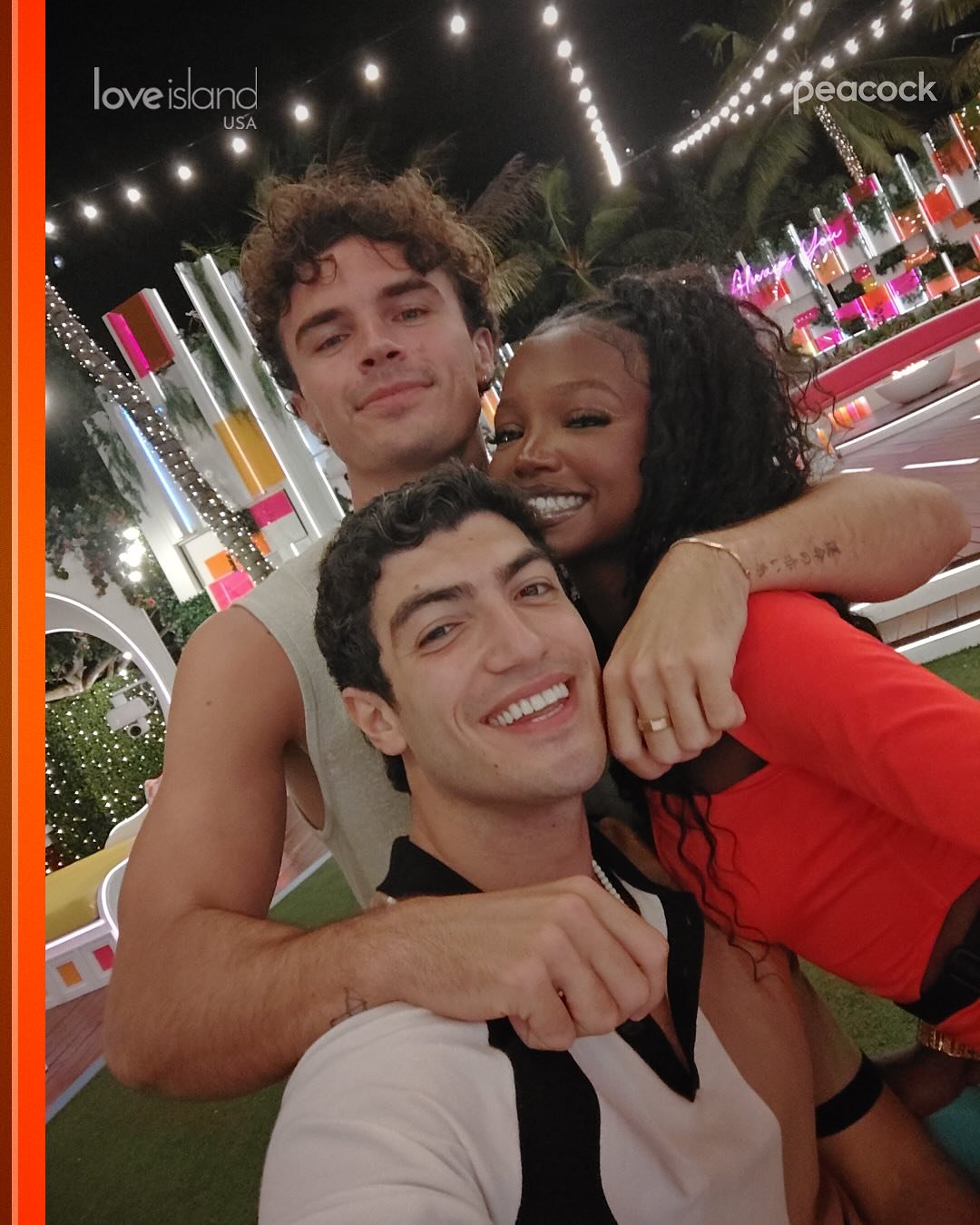
| Factor | Love Island USA | Real-Life Application |
|---|---|---|
| Satisfaction | High when couples connect emotionally. | Prioritize mutual happiness and respect. |
| Investment | Time and emotions spent in the villa. | Effort and shared experiences build bonds. |
| Alternatives | Bombshells tempt with new options. | Focus on the partner’s unique value, not others. |
| Trust | Tested by challenges and temptations. | Built through honesty and reliability. |
Social Dynamics: The Villa’s Peer Pressure
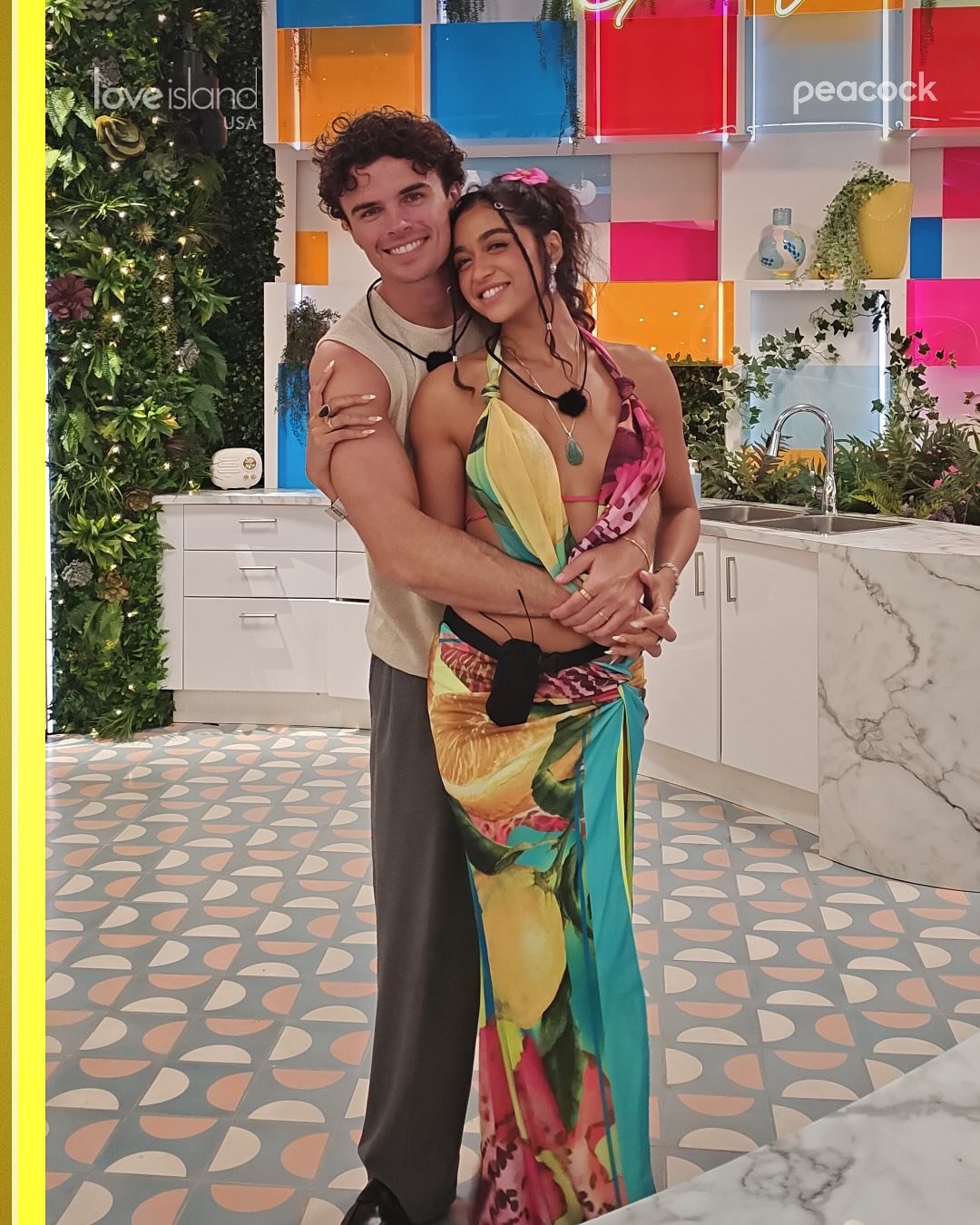
The villa is not just about romance; it is also a social jungle.
Friendships, alliances, and group opinions shape who couples up and who gets the boot.
Contestants often check in with their villa mates before making moves, like choosing a partner at a recoupling.
If the group approves, it boosts confidence; if they do not, doubt creeps in.
Public voting adds another layer, as contestants tweak their behavior to win fans, sometimes at the cost of authenticity.
This mirrors real life, where friends and family influence our relationships.
Have you ever had a friend say, “I do not know about that guy?” It can make you second-guess yourself.
However, the villa’s high-stakes cameras, eliminations, and game-show vibes turn this pressure up to eleven.
We also see strategic alliances, where contestants team up to stay safe, like forming friend groups to avoid drama.
These dynamics teach us about balancing external input with personal conviction.
It is great to have supportive friends, but your relationship choices should reflect what you want, not just what others think.
The show’s social chess game is a fun reminder to stay true to yourself, even when the crowd is watching.
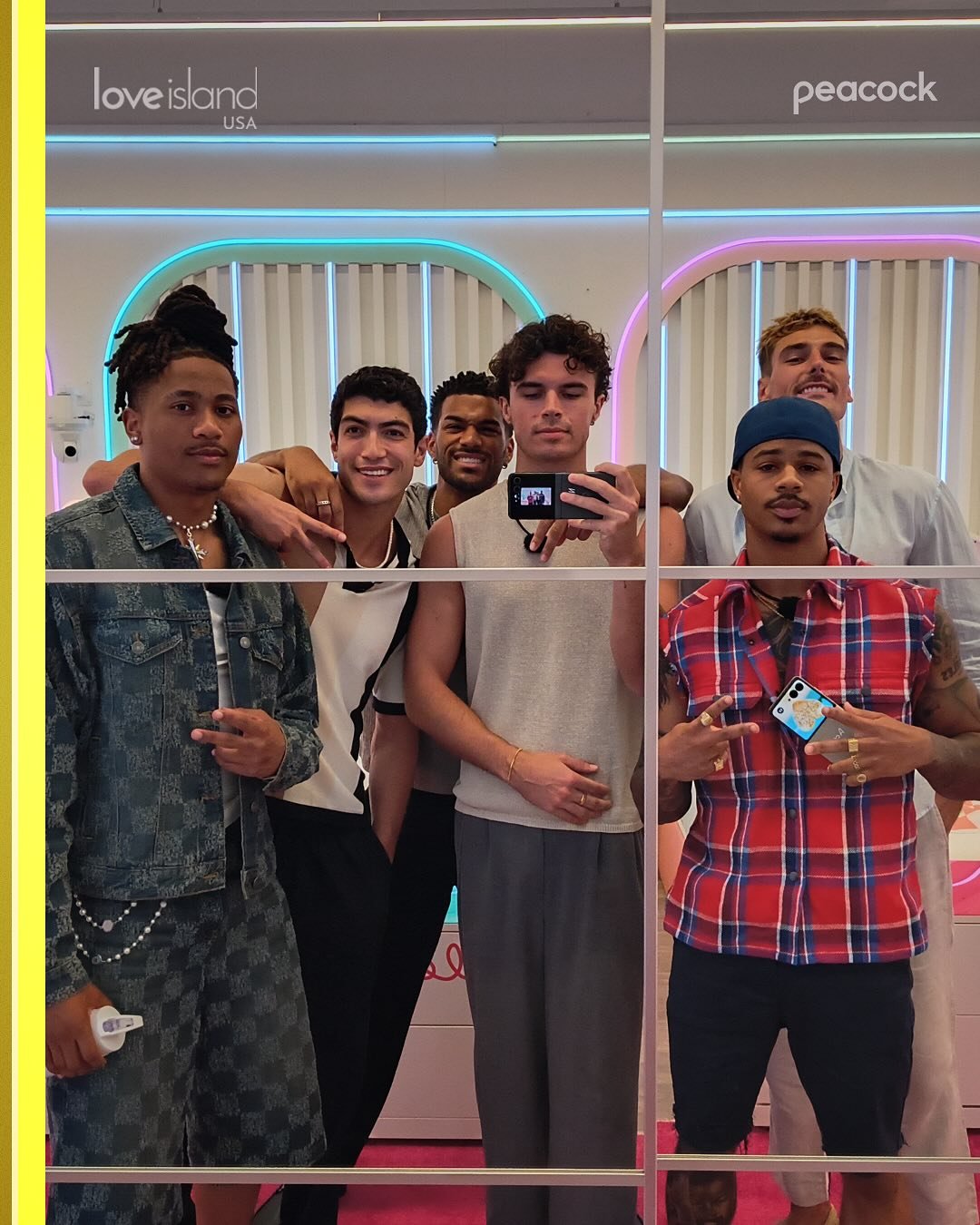
| Influence | Love Island USA | Real-Life Lesson |
|---|---|---|
| Peer Opinions | Friends’ approval sways coupling decisions. | Consider advice, but prioritize your feelings. |
| Public Voting | Contestants play to the audience for votes. | Stay authentic despite external pressures. |
| Alliances | Strategic friendships for game advantage. | Build genuine connections, not just tactics. |
Vulnerability And Authenticity: The Heart Of Love
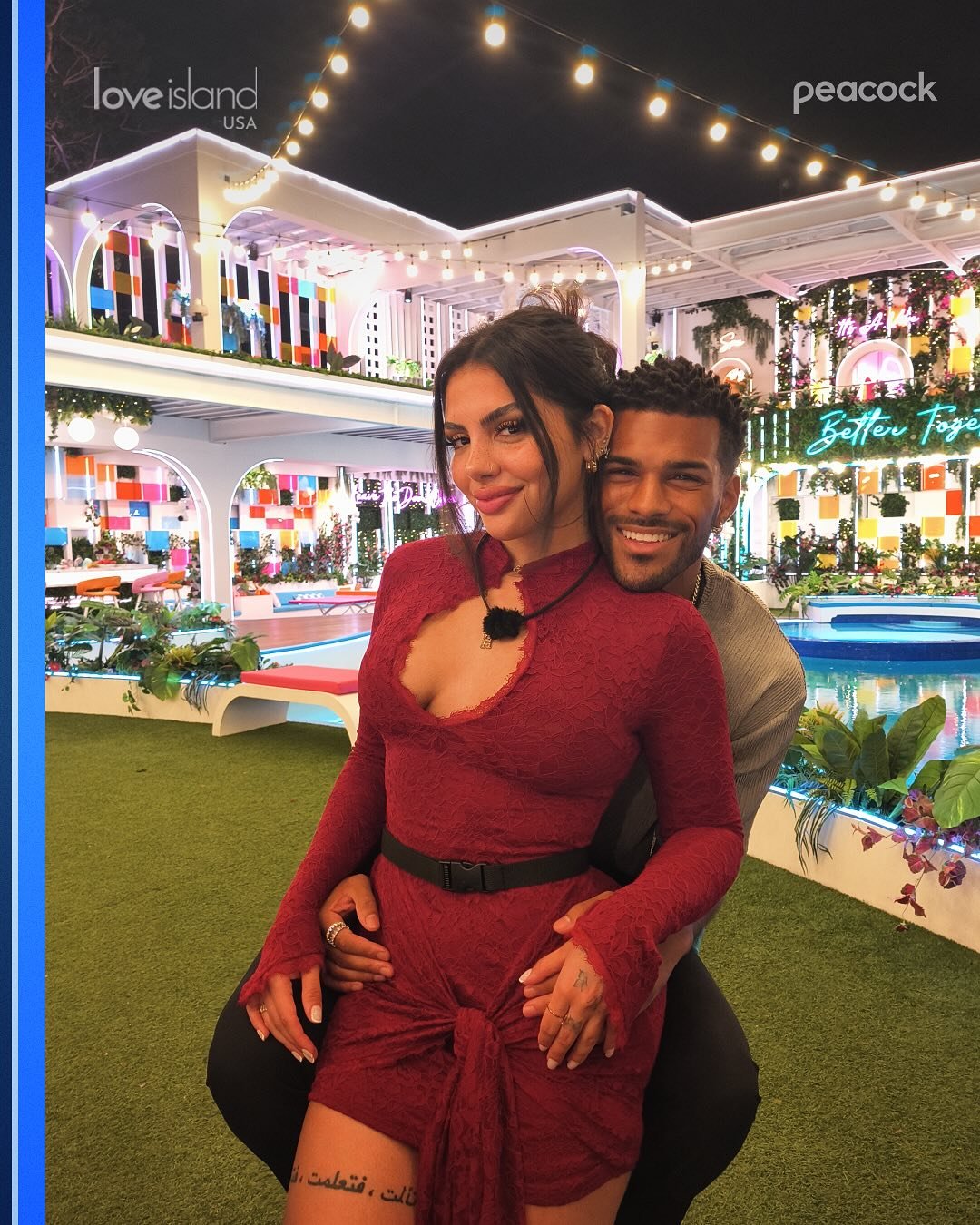
Being vulnerable in a villa full of cameras and competitors is no joke, but it is what makes Love Island USA so gripping.
Sharing fears, dreams, or past heartbreaks can forge deep connections, but it is risky when rejection or elimination looms.
Contestants who open up, like those who share personal stories during late-night chats, often win our hearts because they feel real.
Authenticity is a fan favorite.
Couples who come across as genuine, not just playing for votes, tend to shine.
However, editing can twist things: a heartfelt moment might be cut to highlight a fight, making someone seem less sincere.
It is a nudge to remember that the show is a curated story, not the full truth.
In real life, vulnerability is just as powerful.
Opening up about your feelings builds intimacy, but it needs a safe space, not a stage.
The show shows us that emotional risks can lead to stronger bonds, but we should choose when and where to share wisely.
Next time you are tempted to hold back, think about how a little honesty could deepen your connection or maybe skip the villa’s public confessions.
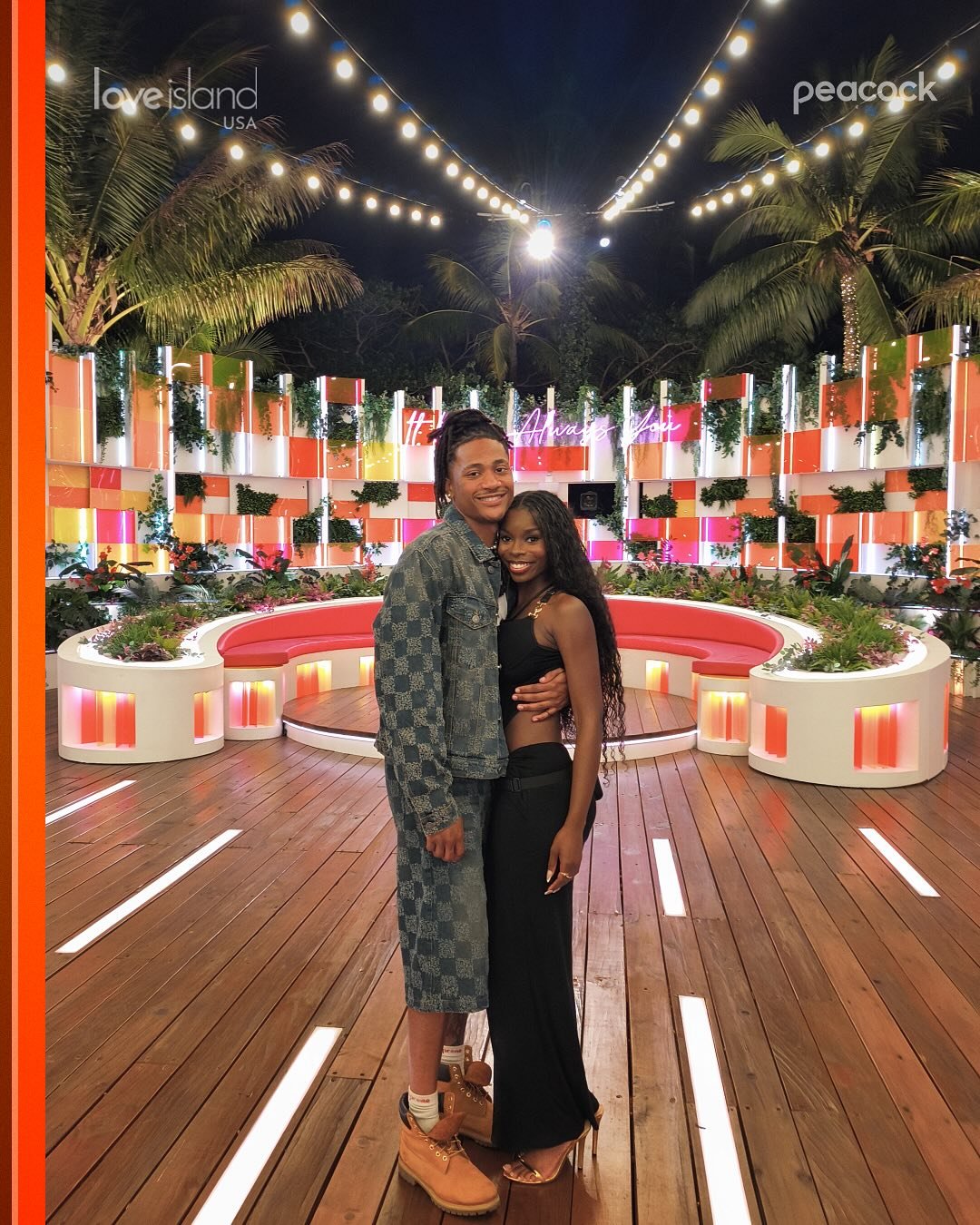
| Aspect | Love Island USA | Real-Life Application |
|---|---|---|
| Vulnerability | Risky due to competition and scrutiny. | Share emotions in a trusting environment. |
| Authenticity | Prized by fans but shaped by editing. | Be true to yourself, regardless of judgment. |
| Impact | Builds fan support and deeper bonds. | Strengthens relationships through honesty. |
Viewer Impact: Love Lessons Or Unrealistic Dreams?
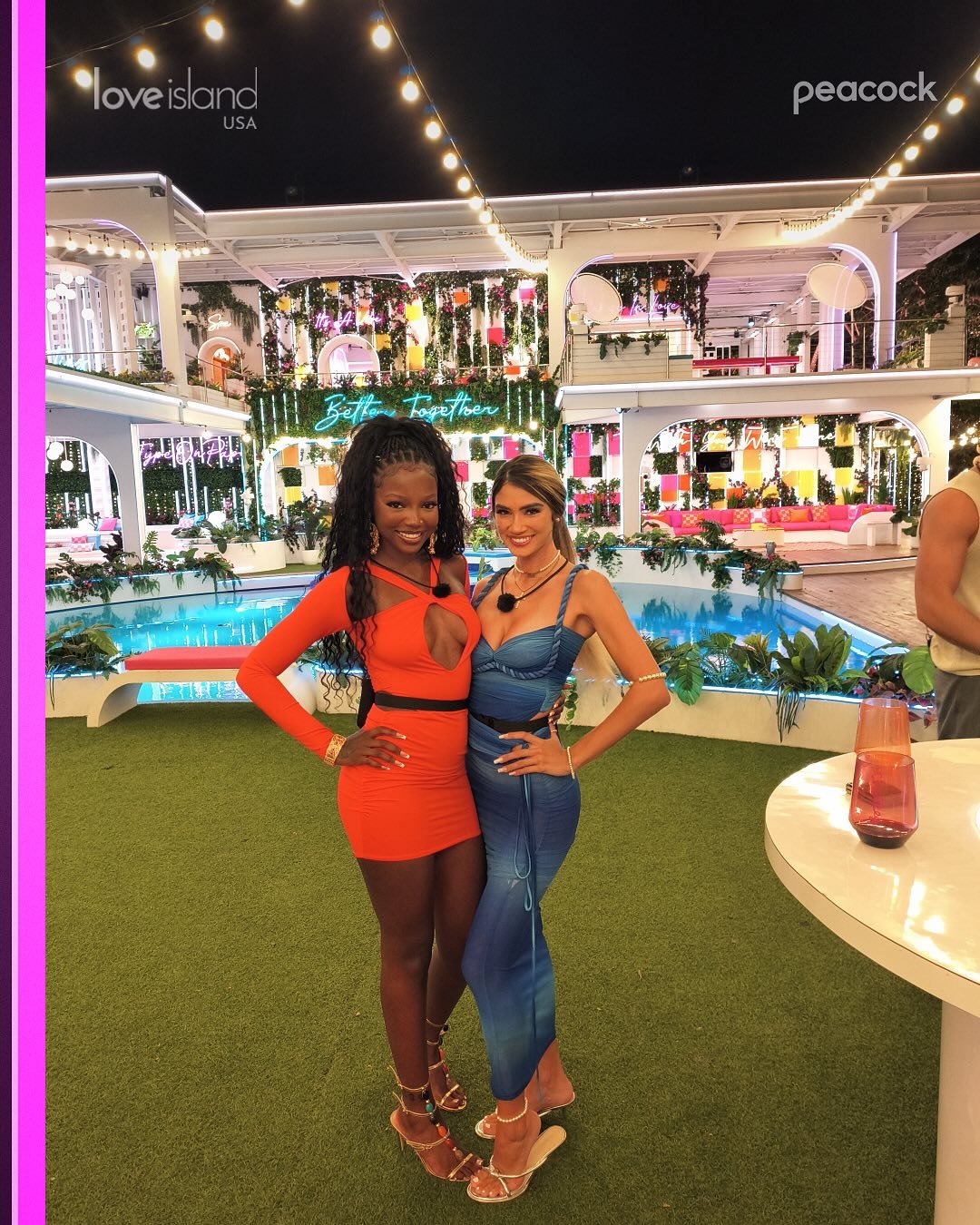
Love Island USA does not just keep us entertained.
It shapes how we think about love.
A 2023 study found that dating shows can create a “hyper-reality,” blurring TV and real life.
The show’s whirlwind romances and dramatic conflicts can lead us to expect love to happen quickly or prioritize looks over substance.
This can lead to disappointment in real relationships, which take time and effort to grow.
The study also discussed “love washing,” in which unhealthy behaviors like manipulation or possessiveness are framed as romantic.
A jealous outburst might be sold as passion, which could lead to a greater willingness to excuse red flags in our own lives.
Younger viewers, especially, might soak up these ideas without questioning them.
However, there is a bright side.
The show highlights positive traits, like communication and vulnerability, that we can emulate.
Couples who talk through issues or share honestly show what makes relationships work.
The trick is watching with a critical eye: enjoy the drama, but do not let it rewrite your expectations.
Real love is not a villa sprint. It is a marathon built on mutual respect and patience.
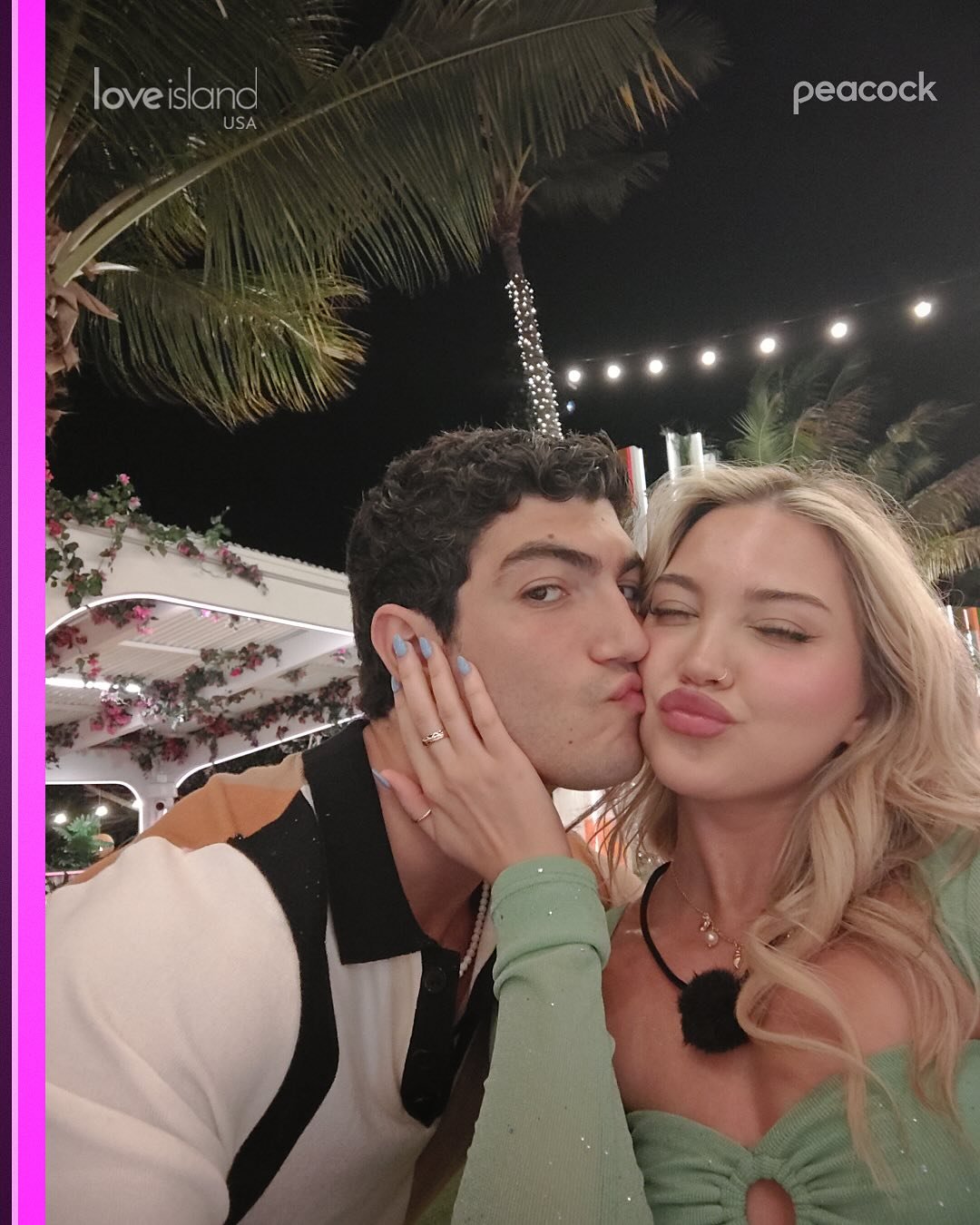
| Influence | Potential Downside | Positive Takeaway |
|---|---|---|
| Expectations | Idealizes quick romance and dramatic passion. | Shows value of communication and vulnerability. |
| Behaviors | May normalize possessiveness or manipulation. | Encourages honesty and emotional connection. |
| Approach | Can lower real-world satisfaction. | Watch critically to apply healthy lessons. |
Ethical Concerns: The Human Cost Of Drama

As much as we love the villa’s chaos, it is worth thinking about the toll it takes.
The show thrives on emotional highs and lows, but that intensity can strain contestants’ mental health.
Constant cameras, public judgment, and high-stakes competition create a pressure cooker.
Critics argue that reality TV exploits these vulnerabilities for ratings, and past mental health struggles among reality stars underline the need for better care.
Producers should step up with stronger support, like mental health screenings before filming and counseling after.
As fans, we can enjoy the show while keeping the human side in mind.
The contestants are real people, not just characters, and their well-being matters.
It is a call to savor the drama but push for a more ethical reality TV world.
Parasocial Bonds: Why We Feel So Close

Ever feel like you know the contestants?
That is, parasocial relationships at work are one-sided bonds where we feel connected to people on screen.
The show’s frequent episodes (six nights a week in Season 7, per a 2025 Forbes guide) and social media buzz make us feel like we are part of their lives.
We root for our faves, cry at their heartbreak, and cheer their wins like they are friends.
However, these bonds are shaped by editing and production, so they are not fully real.
Recognizing this helps us enjoy the show without getting too emotionally tangled.
It is fun to stan a couple but keep a small quantity of distance to stay grounded.
Lessons For Your Love Life

So, what can Love Island USA teach us?
It shows that attraction is just the start of real relationships, which need communication, trust, and vulnerability.
It warns us to handle jealousy calmly, seek authentic connections, and balance social pressures with personal desires.
Most importantly, it reminds us to watch critically, separating TV drama from real-world love.
Think about your relationships: How can you be more open with your partner?
How do you handle doubts or outside opinions?
The villa’s lessons, when filtered thoughtfully, can inspire stronger, healthier connections.
Conclusion
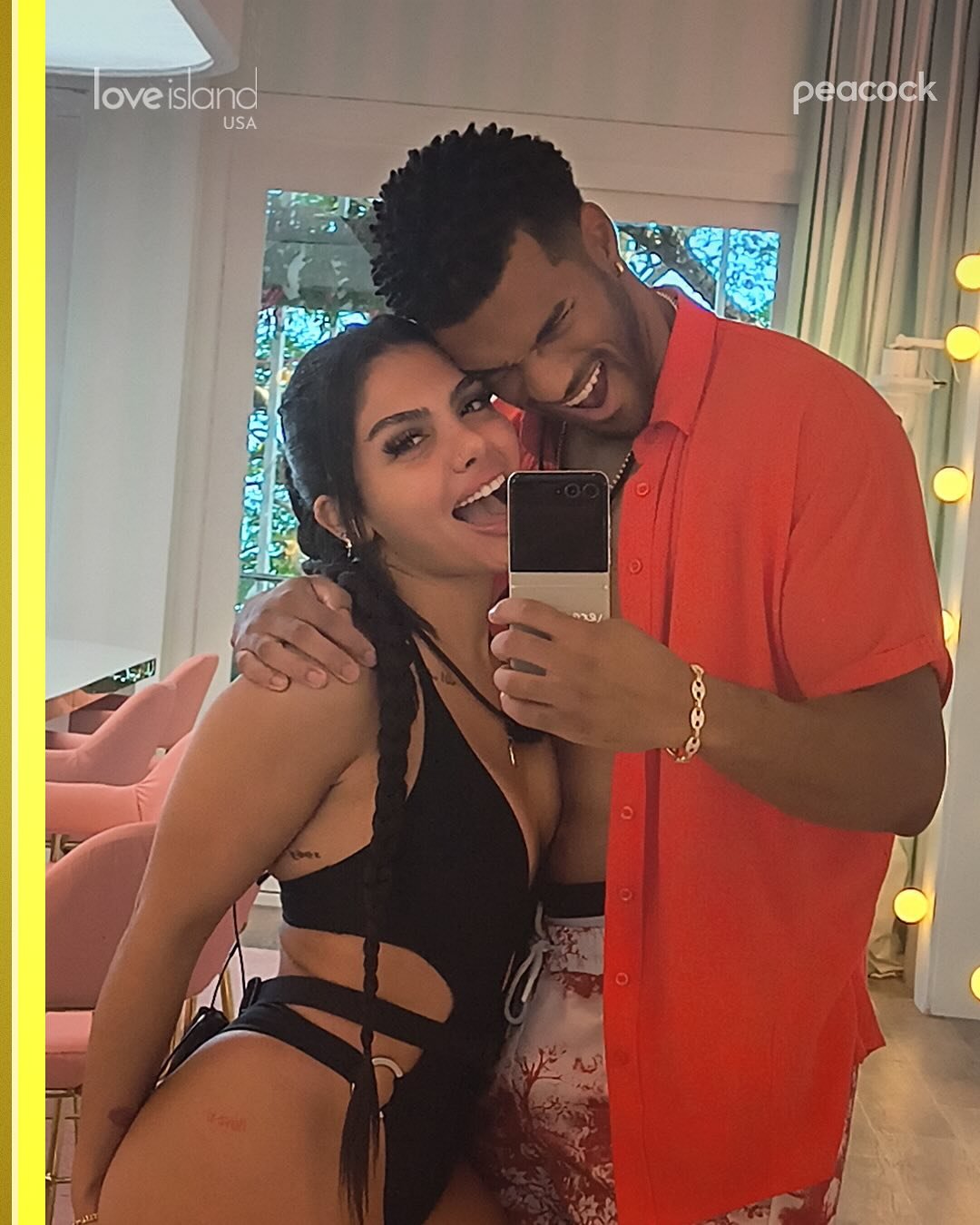
Love Island USA is a wild ride, but it is also a mirror for how we love and live.
From the rush of attraction to the challenges of trust, it captures the messy beauty of relationships.
Sure, the drama is exaggerated, but the psychological truths about connection, conflict, and authenticity are real.
By watching with a curious and critical eye, we can enjoy the show and pick up wisdom for our own love stories.
So, next time you are diving into the villa’s chaos, ask yourself: What can I learn about love today?
Moreover, if you are hungry for more insights, stick with THOUSIF Inc. – USA for articles that unpack pop culture with heart and smarts.
Keep watching, keep loving, and maybe find a little villa-inspired spark in your own life!
Trivia: Did You Know?

Did You Know? A 2019 survey found that 24% of young adults said reality TV made them worry about their body image. This shows how shows like Love Island USA can shape self-perception. It is a nudge to focus on your unique qualities, not TV’s polished ideals!



